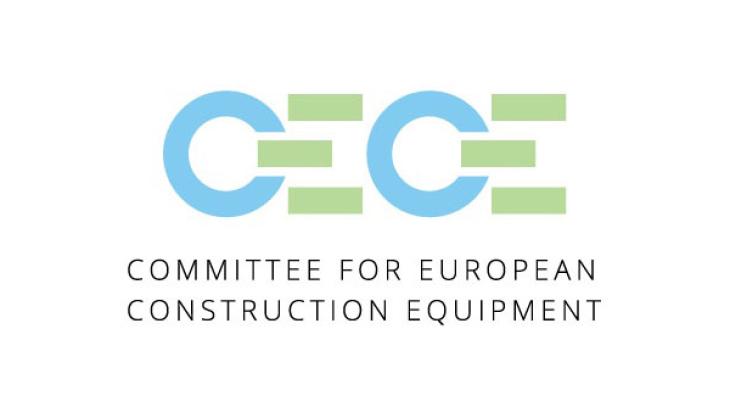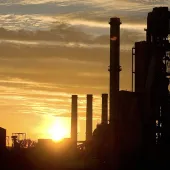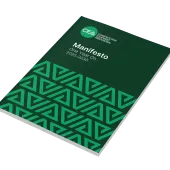New European emission limits adopted

Adoption of ‘Stage V’ Regulation set to make European mobile machines cleanest in the world
EUROPEAN mobile machines will become the cleanest in the world, according to a new Regulation adopted by the European Parliament today [5 July].
The new Regulation tightens emission limits for particulate matter (PM) and nitrogen oxides (NOx) for mobile machines, such as construction and material handling machinery, as well as machines used for municipal and road operation services.
The Regulation is the latest step in a series of ever-tighter emission limits which have already reduced PM and NOx emissions for land-based machines by more than 95% in recent years.
The new, so-called ‘Stage V’ Regulation is set to reduce emissions even further by setting stricter limits, by introducing particulate number limits, and by extending the scope of the Regulation to additional power categories.
European manufacturers, represented by their respective trade associations – including CECE (construction equipment), CEMA (agricultural machinery), EUnited Municipal Equipment (municipal and road operation equipment) and FEM (materials handling equipment), have welcomed the final outcome, which is said to strike a good balance between improving air quality and maintaining the competitiveness of the European machine manufacturing industry.
This balance was achieved thanks to a number of adjustments introduced during the legislative process, whilst maintaining the original emission limits and introduction dates for land-based machinery as proposed by the European Commission.
These adjustments include an extension of the general transition scheme by six months (24 months in total) to give European machine manufacturers sufficient time to re-design their fleet to comply with the new requirements.
Furthermore, introducing a provision on replacement engines with a time limit of 20 years will allow for a continued use of machinery using replacement engines, thereby contributing to the EU’s objectives on resource efficiency.
‘Overall, the new Regulation sets an ambitious timeline. It will remain a challenge to re-design the hundreds of machinery types and applications in the time frame given, but the machine manufacturing industries are committed to and capable of making the necessary adjustments and contributing to improved air quality in Europe,’ said Sigrid de Vries, Secretary General of CECE.
Further to the European Parliament’s final vote in today’s plenary sitting, the Council’s adoption is expected to take place in the coming weeks, with publication of the Regulation to follow shortly.
In parallel to the adoption of the framework Regulation, supplementary legislation in the form of delegated and implementing acts – including technical requirements and administrative provisions – is also being finalized and is expected to be adopted before the end of the year.









